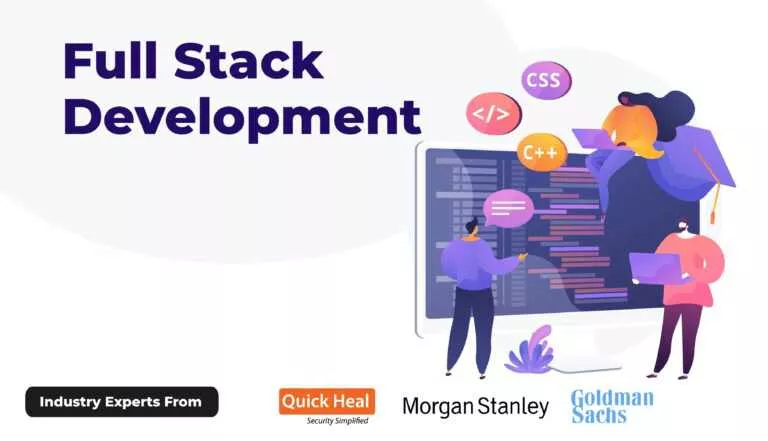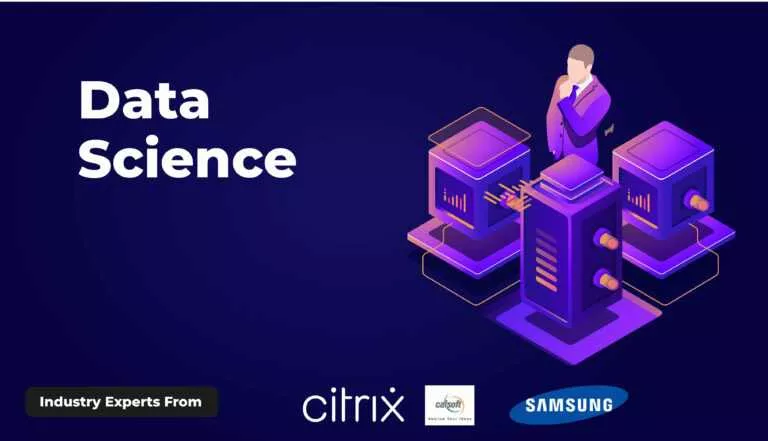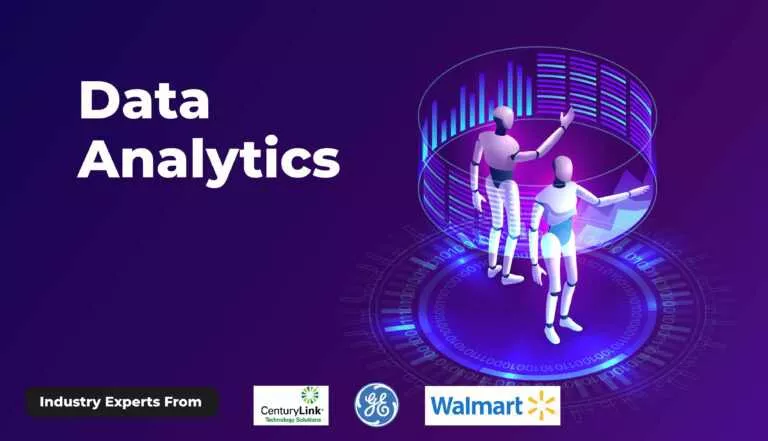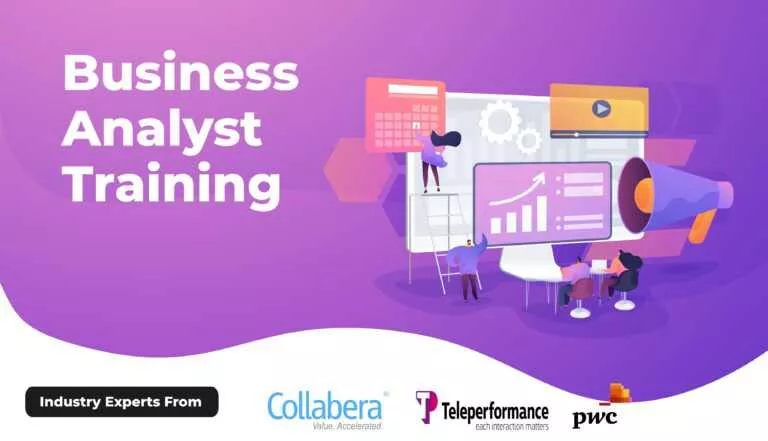- Comprehensive Learning: From Scratch to Advanced Expertise
- Delivered by 10+ years of Industry Experts.
- Real-World Project-Based Full-Stack Development
- Affordable Fees with Best Curriculum Designed by Experts.
- Mock Interview Sessions and Professional Resume Building Assistance
Embark on your journey into the world of Artificial Intelligence (AI) with these highly acclaimed online courses. Designed by industry experts and renowned institutions, these courses offer a comprehensive understanding of AI concepts and practical applications. Whether you're a beginner or an experienced professional, these courses cater to various skill levels. Explore hands-on projects, learn from real-world examples, and stay ahead in the rapidly evolving field of AI.
1. Machine Learning by Stanford University on Coursera:
- Taught by Andrew Ng, this course provides a solid foundation in machine learning, a crucial component of AI.
- Covers key topics such as supervised learning, unsupervised learning, and neural networks.
2. Deep Learning Specialization by Andrew Ng on Coursera:
- Dive deep into the realms of deep learning, understanding neural networks and their applications.
- Practical insights into building and training deep neural networks.
3. AI for Everyone by Andrew Ng on Coursera:
- A non-technical course offering a broad understanding of AI's impact on business and society.
- Ideal for professionals seeking to comprehend AI's strategic implications.
Various industries leverage Artificial Intelligence (AI) to enhance processes, innovate, and achieve operational efficiency. Here are some sectors that extensively utilize AI:
1. Healthcare:
- Diagnostic Imaging: AI aids in analyzing medical images for more accurate diagnoses.
- Drug Discovery: Accelerates the drug development process by analyzing complex datasets.
2. Finance:
- Algorithmic Trading: AI algorithms analyze market trends and execute trades at optimal times.
- Fraud Detection: AI systems identify unusual patterns to prevent fraudulent activities.
3. E-commerce:
- Personalized Recommendations: AI analyzes user behavior to provide tailored product suggestions.
- Supply Chain Optimization: Enhances logistics and inventory management.
4. Automotive:
- Autonomous Vehicles: AI powers self-driving cars, enabling navigation and decision-making.
- Predictive Maintenance: Anticipates vehicle maintenance needs, reducing downtime.
Any individual who is keen on dominating this innovation ought to feel free to learn it. Since Artificial Intelligence is a sought-after ability, presently would be an incredible chance to join Uncodemy’s seminars on Artificial Intelligence and find out additional. You should be energetic with regards to learning the different apparatuses and procedures under man-made brainpower and have some essential information about school-level science, and insights.
Becoming an Artificial Intelligence Engineer involves a structured path that combines education, practical experience, and ongoing learning. Here's a step-by-step guide:
1. Educational Background:
Foundation in Mathematics and Programming: Develop a strong understanding of mathematics, particularly in areas like linear algebra, calculus, and statistics. Proficiency in programming languages like Python is essential.
Formal Education: Pursue a bachelor's degree in Computer Science, Mathematics, Statistics, or a related field. Many AI engineers also hold advanced degrees (master's or Ph.D.) for specialized roles.
2. Gain Proficiency in Key Technologies:
Machine Learning Frameworks: Learn popular frameworks like TensorFlow and PyTorch for building and deploying machine learning models.
Programming Languages: Master languages such as Python and R commonly used in AI development.
Data Manipulation and Analysis: Acquire skills in data manipulation libraries like Pandas and data visualization tools like Matplotlib or Seaborn.
3. Develop a Solid Understanding of AI Concepts:
Machine Learning Fundamentals: Learn about supervised and unsupervised learning, regression, classification, clustering, and ensemble methods.
Deep Learning: Understand neural networks, convolutional neural networks (CNNs), recurrent neural networks (RNNs), and natural language processing.
Explore Our Courses









